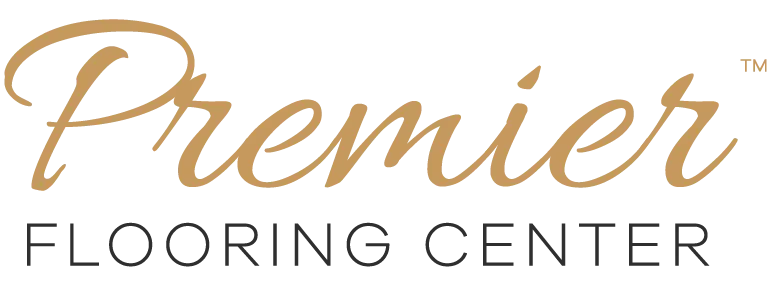What is Waterproof Flooring?
In an active home with playful kids and pets, a spill or splash is always just a moment away! Whether it’s a knocked-over juice box, soda can, wine glass, or pet water bowl, it pays to have floors that can resist liquids when they hit the surface. For the rooms that will be exposed to more consistent moisture and dampness, like kitchens, bathrooms, laundry rooms, mudrooms, and basements, you may want to explore waterproof flooring options for the ultimate peace of mind. These valuable surfaces can handle puddles, wet towels, and pet accidents without damage! If this sounds like a perfect fit for your unpredictable household, here’s a deeper look into this exciting flooring category…
What is Waterproof Flooring?
A waterproof floor is defined within the product warranty section and will not allow water or liquid to permeate or penetrate the floor either from the top or bottom. Whereas some natural materials are porous and can absorb water, waterproof floors feature locking mechanisms that are engineered to form an air-tight connection between pieces and lock out topical water penetration. Waterproof floors will feature either a wood plastic composite (WPC) or solid polymer core (SPC) construction for ultimate protection against moisture. Some flooring manufacturers will also require a subfloor moisture barrier underneath the surface for the waterproof warranty to be valid.
What is a Wood Plastic Composite?
Wood plastic composite, or WPC flooring, is a rigid core made from either recycled wood pulp and plastic or polymer composites expanded with air. The combination of wood pulp and plasticizers makes WPC cores entirely waterproof and produces lightweight planks that are warm, soft, sound-absorbing, and more comfortable underfoot. WPC floors resist swelling when accidental spills or puddles remain on the floor for longer periods before they are discovered.
What is a Solid Polymer Core?
Stone plastic composite, or SPC flooring, is a rigid core made from powdered limestone, polyvinyl chloride, and stabilizers. This solid polymer core is designed to be 100% waterproof and produces planks that are dense, dimensionally stable, quiet, and strong. SPC floors do not swell, contract, or damage from topical humidity, moisture, and extreme temperate change, and boast greater compactness for durability and dent resistance.
How is Waterproof Flooring installed?
Waterproof flooring warranties are contingent on proper installation. Most waterproof floors offer easy floating, click-lock installation that requires no glue or adhesives! A floating floor means that you will not have to rip up, transport, and dispose of old flooring since installation is completed by locking mechanisms with tight joints. Hiring professionals is recommended for waterproof installation to ensure an air-tight lock and prevent voiding the warranties.
What are the Benefits of Waterproof Flooring?
Besides resisting liquid, humidity, and temperate change without damage, waterproof flooring offers even more valuable benefits. Installing waterproof floating floors is quicker and less expensive when compared to stone and wood. Since natural stone and genuine hardwood are not a good fit in all areas, waterproof floors allow you to match the look of your home across an entire floorplan. When it comes to maintenance, waterproof floors prevent stains from forming and are tremendously easy to keep clean since you can wet-mop your floors! Waterproof floating floors can help you complete quicker remodels to list a home on the market and can be a value-adding selling point to many buyers in regions that experience high humidity and rainfall.
Is Waterproof Flooring right for me?
If you’re interested in learning more about waterproof flooring, we can help! Contact Flooring 101 or visit any one of our seven Flooring 101 locations to explore waterproof flooring for your home!



